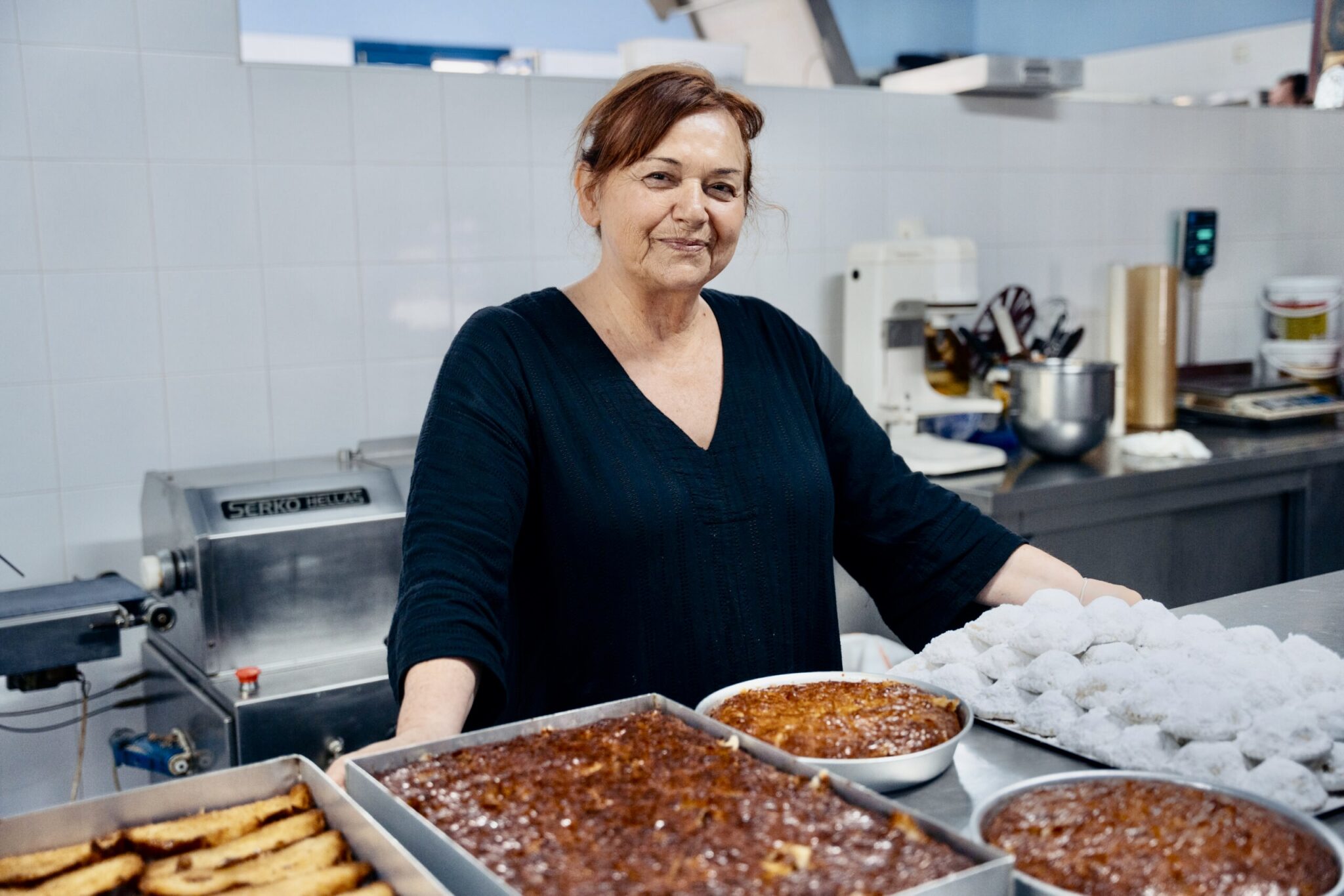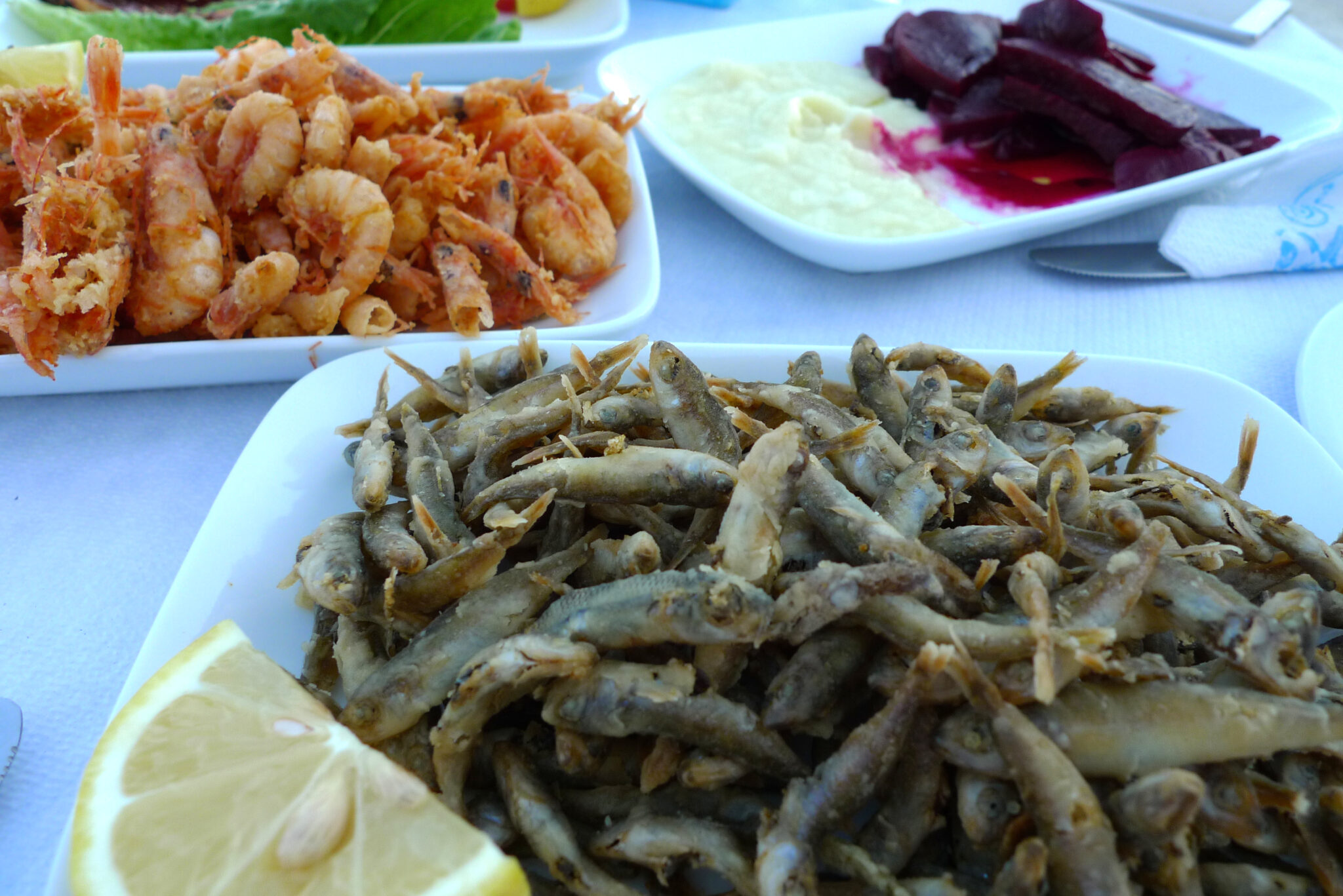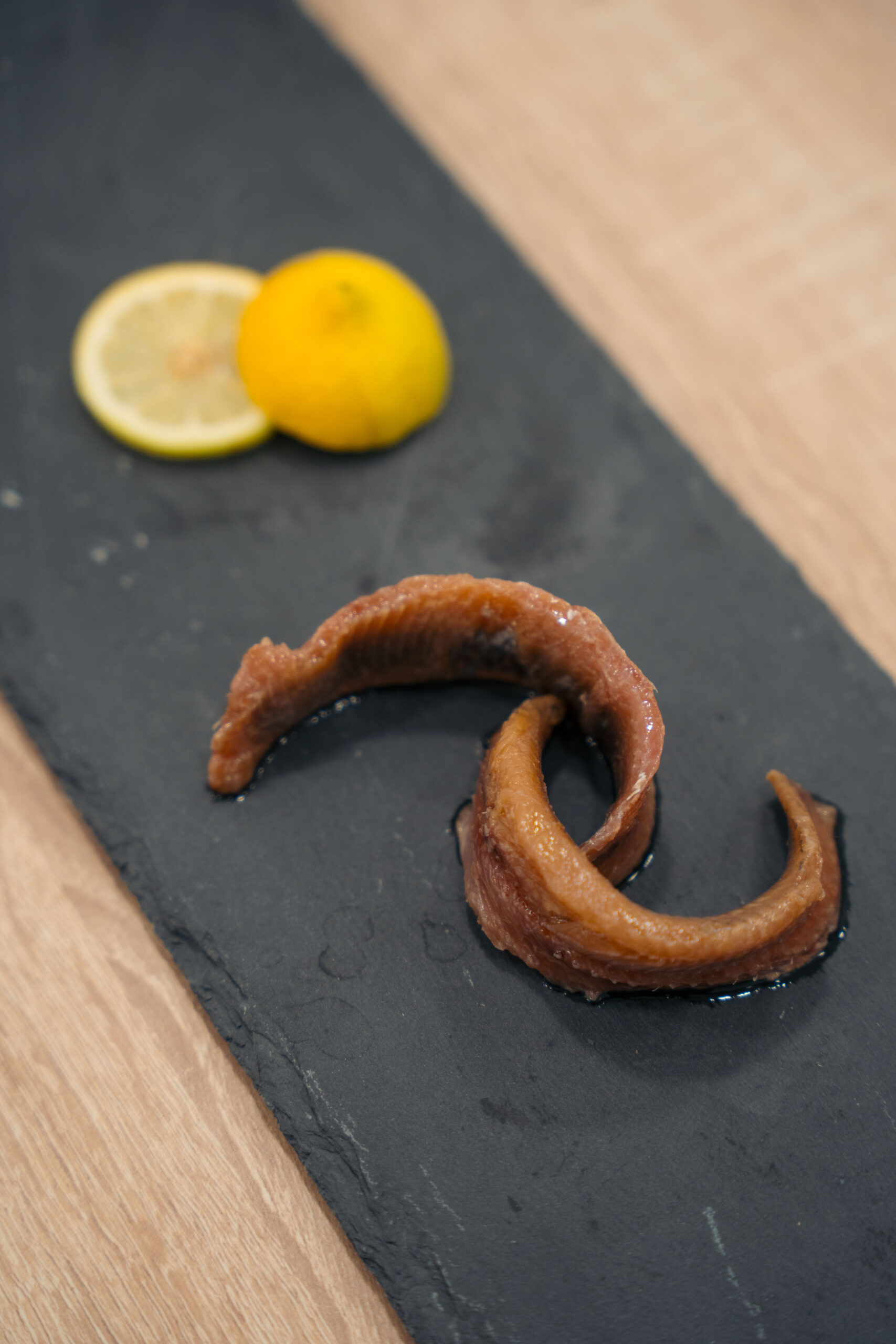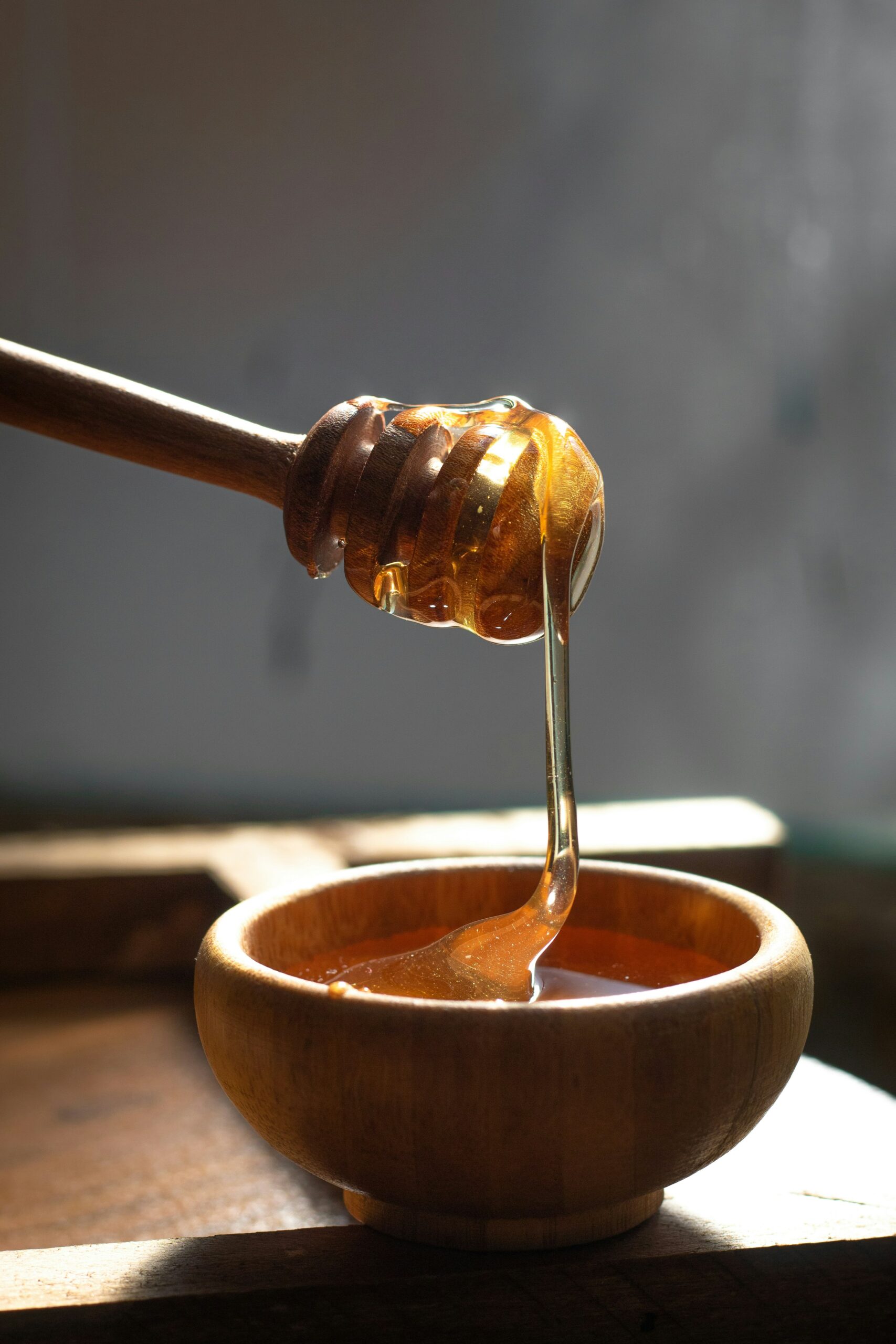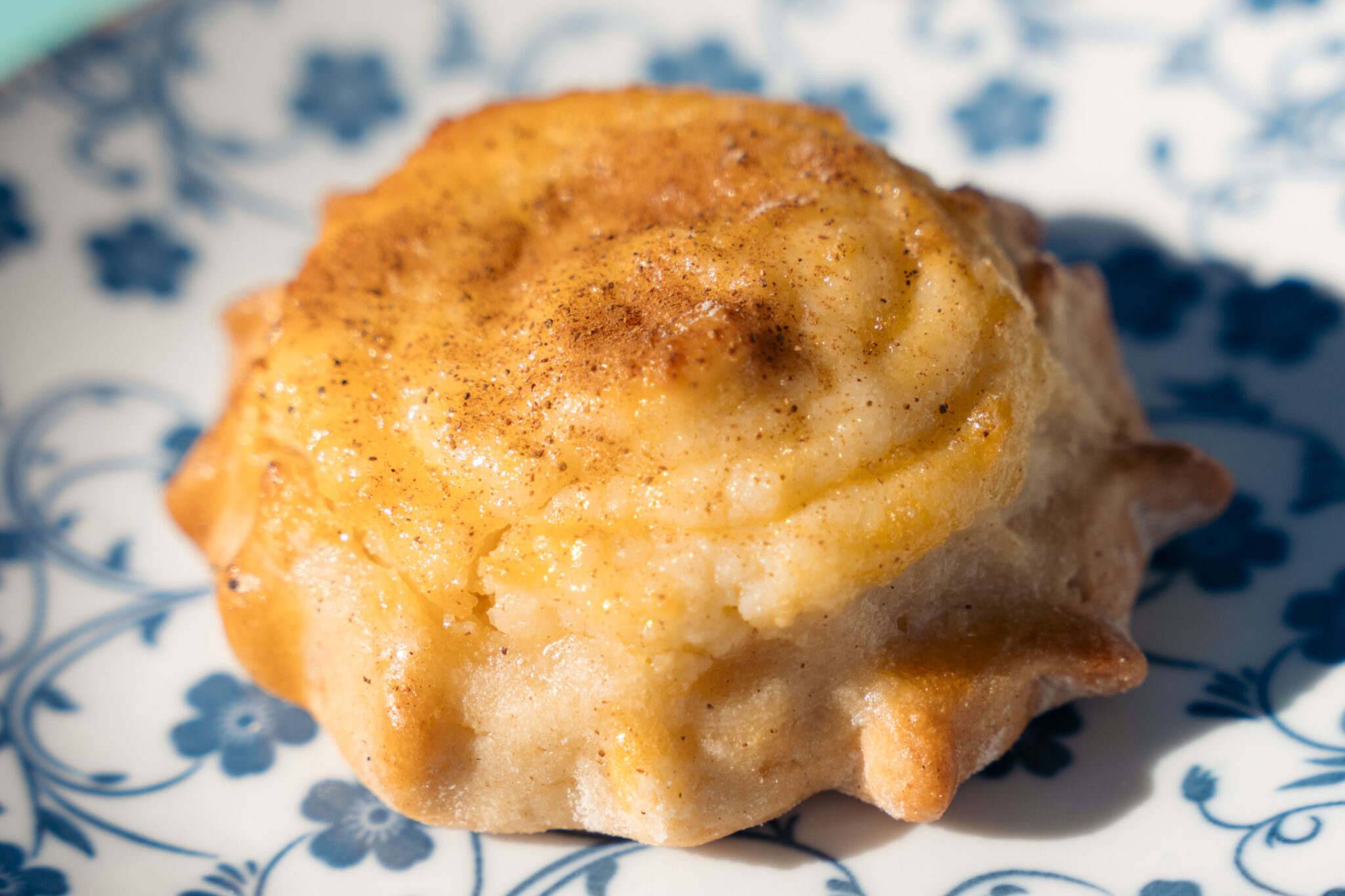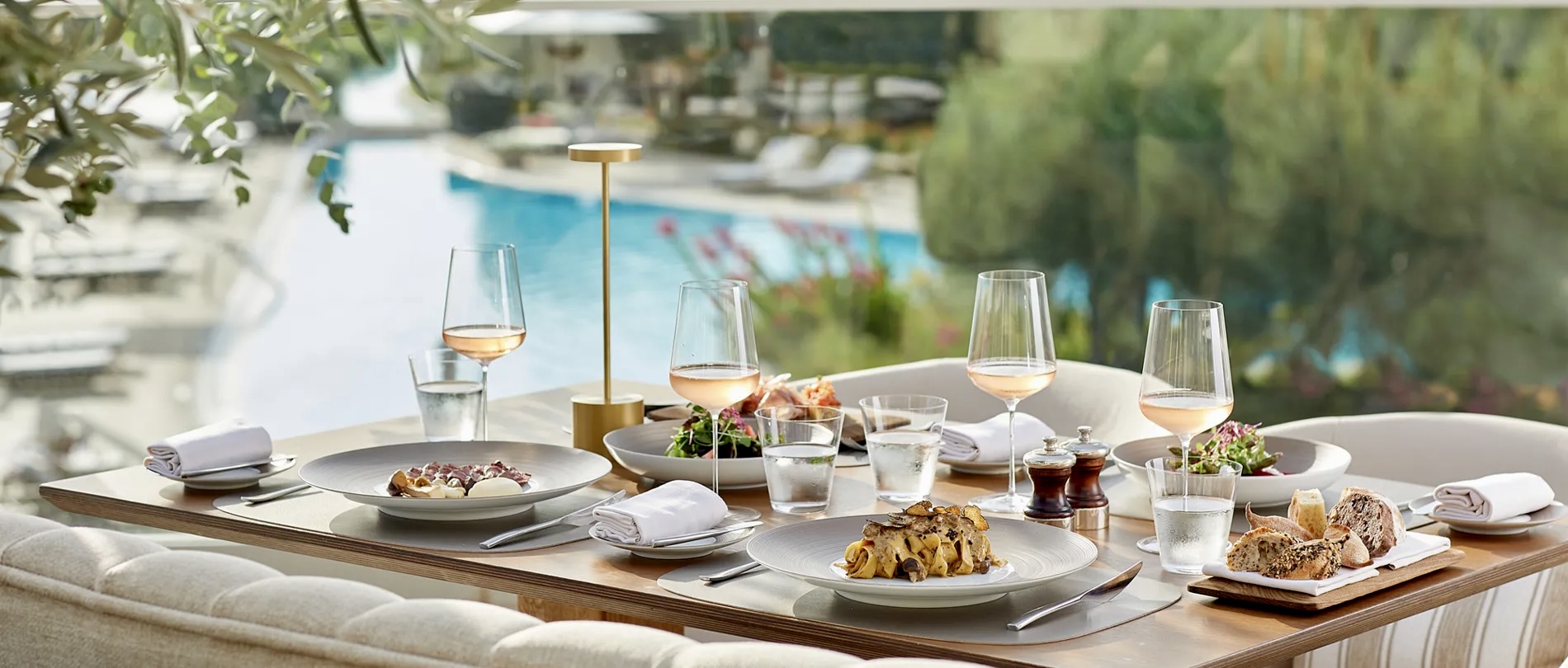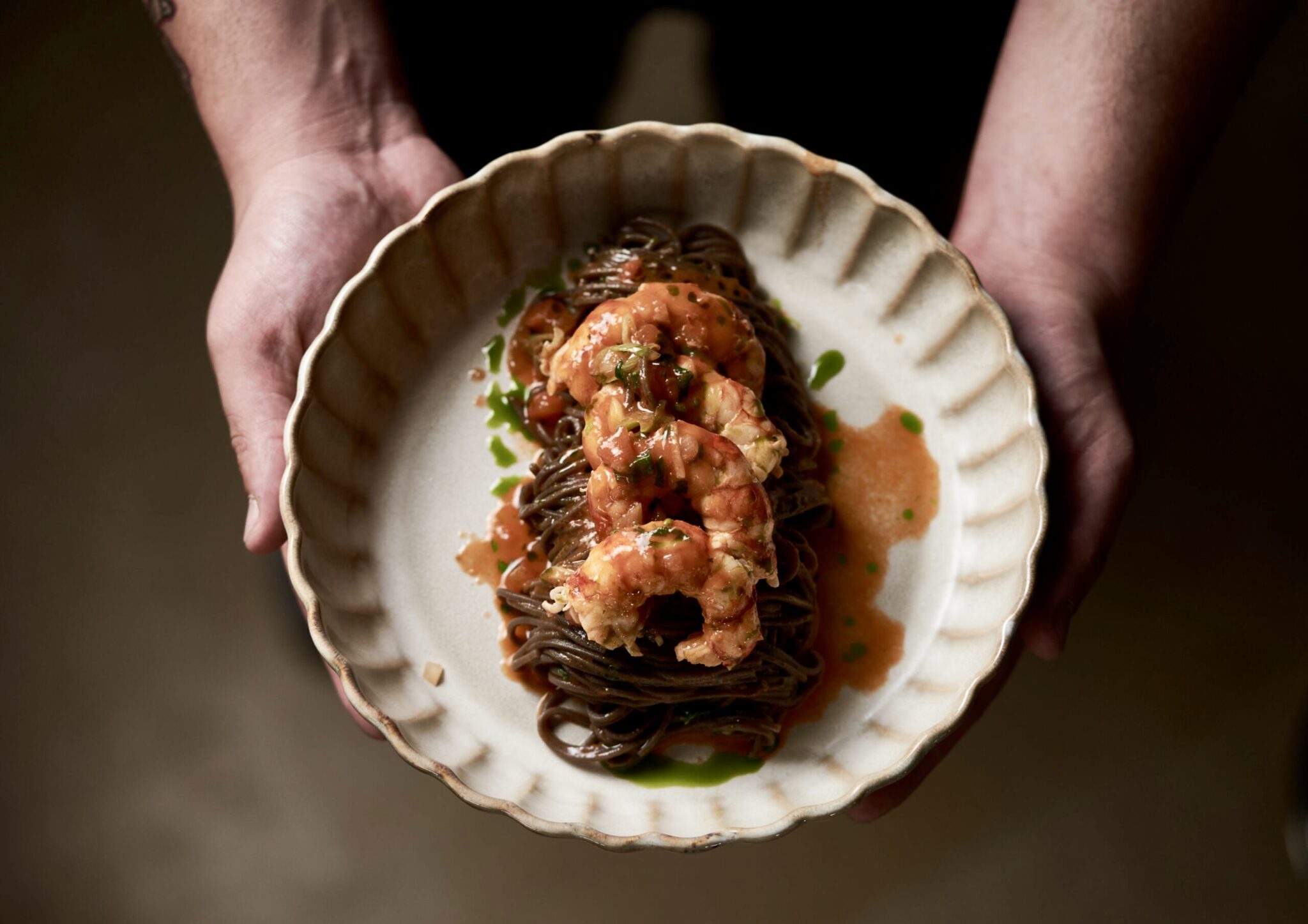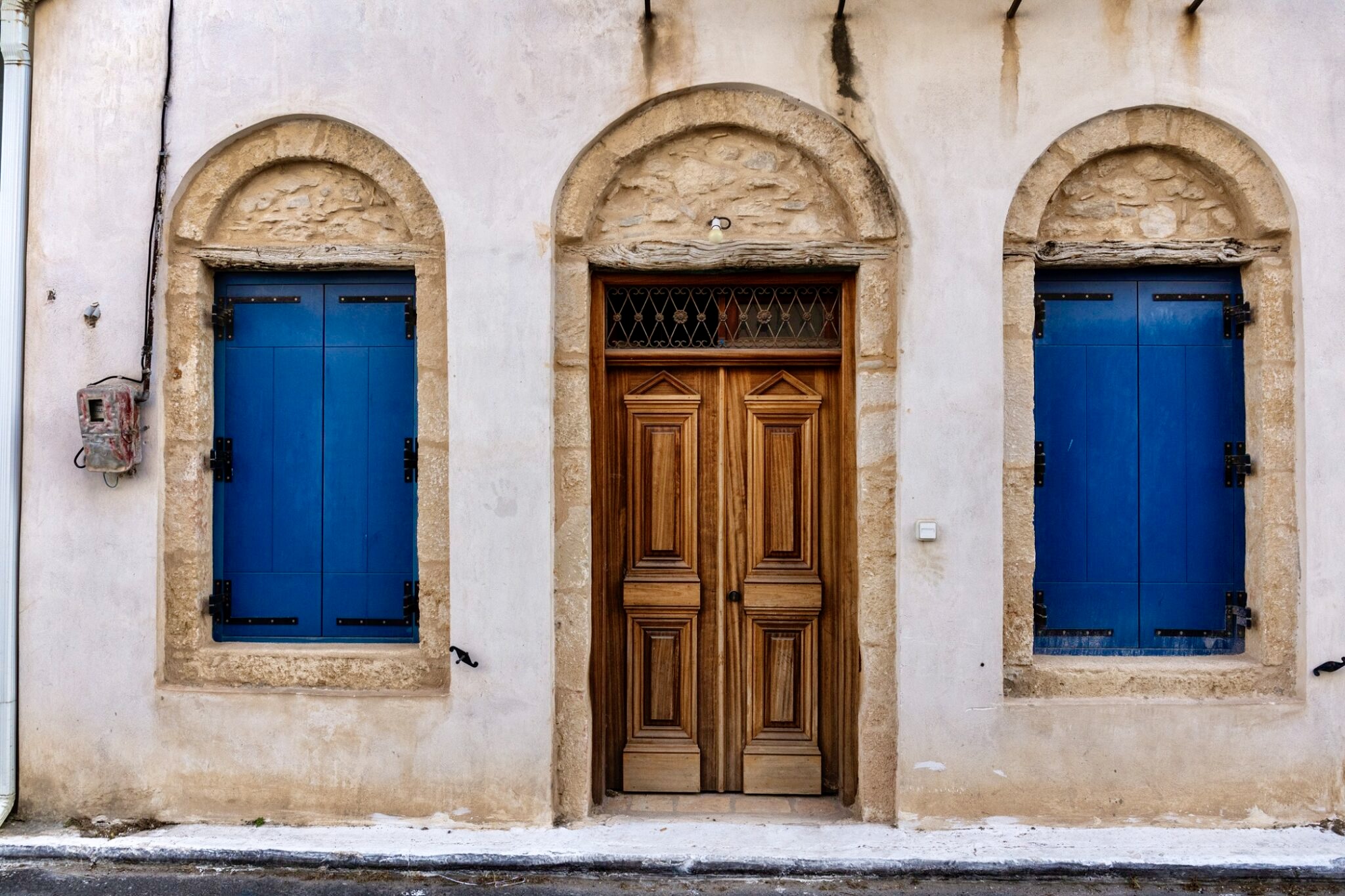At the heart of the Aegean, Leros emerges as an unexpected culinary destination. Its gastronomy is closely enmeshed with the island’s history and culture.
Every local dish and product relates to a food culture spanning centuries. Every flavor reflects the traditions and lifestyle of its inhabitants from the past until today. Here we describe the very key products that define this wonderful gastronomic destination.
01
Seafood: From the Depths to the Plate
Fish and seafood are the cornerstones of Leros’ cuisine. Grouper, sea bream, and white seabream are regarded as the “jewels” of local fishing, with their freshness and quality being unmatched. Shellfish, particularly mussels and oysters, also hold a prominent place in the culinary offerings. Their unique sweetness is attributed to the pure waters of the Aegean, lending them a flavor rarely found elsewhere.
02
Honey: Leros’ “Gold”
Leros’ honey, with its rich taste and intense aromas, is one of the island’s prized treasures in its various renditions. Its exceptional quality is due to the diverse and abundant flora of Leros, providing bees with an extraordinary variety of nectar.
Thyme honey from Leros stands out for its strong fragrance and distinct taste. The abundance of wild thyme on the island’s hills gives the honey a slightly spicy note and a golden hue. Rich in antioxidants, this honey is not only delicious but also highly nutritious.
Equally important is the island’s pine honey. Produced from the honeydew of pine trees, which cover much of Leros, its dark color and less sweet taste make it ideal for culinary use, while its high content of minerals and trace elements makes it a valuable part of the diet.
Leros’ blossom honey is another remarkable product. Collected from a variety of wildflowers blooming across the island during spring and summer, its light color and delicate, complex aroma make it perfect for spreading on bread or using in desserts.
Honey production in Leros is an art passed down through generations. Local beekeepers follow traditional methods, blending them with modern techniques to ensure the product’s high quality. The careful placement of hives in strategic locations across the island ensures bees have access to the best possible variety of flowers and herbs.
Leros’ honey is not just a nutritious and delicious food but also an integral part of the local culture. It is widely used in the island’s traditional sweets, such as honey pie and melomakarona. It is also used to sweeten many therapeutic drinks and is highly regarded for its medicinal properties.
The growing recognition of the quality of the island’s honey has led to an increase in demand even far beyond the island’s borders. However, limited production and a focus on quality over quantity ensure that the local honey remains a precious and sought-after product.
03
Herbs: The Secret Ingredient
The aromatic herbs of the island are the essence of its gastronomic character. Wonderfully fragrant thyme, oregano, and mint each have their own special uses, forming the secret behind every authentic Leros dish.
04
Gavafa: A Special Fruit
Gavafa is Leros’ unique citrus fruit, and one of the island’s most distinctive products. With a sweet flavor similar to an orange, but also a hint of bitterness, gavafa is considered a key player in Leros’ flavor profile and a great source of pride for locals.
05
Traditional Cuisine: The Soul of the Island
Local recipes, such as patsavoura pie, cheese pouches, and Leros cheese pie, are the heart of the island’s cuisine. These recipes are the gastronomic heritage of the island, carrying the history and culture of Leros in every bite.
The culinary scene in Leros is rapidly evolving, attracting more and more foodie tourists from around the world. However, the island remains committed to preserving the authenticity of its products. The aim is not merely to attract visitors, but to create an authentic experience that shares a part of the island’s soul. As Leros welcomes a rise in gastronomic tourism, it stays true to its roots, offering a genuine and often intriguing culinary experience that indicates the island’s history, culture, and spirit.



